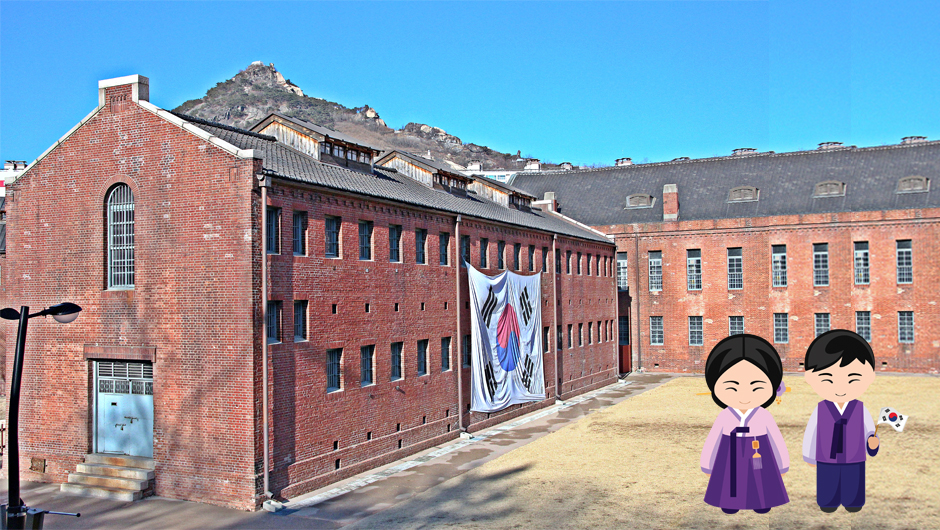South Korea's Freedom Journey

“Manse, Manse” was heard loud and clear across the whole Korea on March, 1st 1919. “Long Live Korea!” the people shouted while waving Korean flags, demanding freedom from the Japanese colonial oppression.
The date marks a crucial point in South Korea’s historical path of trial and tribulation toward freedom and liberation from the external powers. It was not a riot but a peaceful demonstration where everybody had joined, whether poor or rich, workers or shop owners, men and women and even children - all together. Against brutal crushing by the Japanese, not only demonstrators but silent supporters stood together to proclaim the Korean independence, with a strong will for national self-determination and freedom. Though not successful yet, it was a first step toward freedom and national independence, which was only achieved with the surrender of Japan in 1945.
Since then the struggle for freedom and democracy remained a constant part of Korea’s contemporary history. After the first Republic of Korea was founded in 1948, South Koreans experienced successively authoritarian regimes till the beginning of the 90s when the first civilian president was elected by direct vote.
With a look back into the last 70 years one can see how the Korean people had fought vigorously for freedom and democracy against dictatorship and illiberal regimes. The impressive Korean economic development over the past decades and exceptionally high level of investment on education serve as a main contributor to Korea’s successful transformation from authoritarian dictatorship to liberal democracy.
South Korea is an exemplary showcase of the liberal theory that economic development leads to the political progress; of market economy going hand in hand with liberal democracy. It spurred the creation and rising up of civil societies and social movement toward democratization. At the same time, it is also worth noting that most of the uprisings started within universities where professors and students united to go out into the streets and demonstrated to spread awareness for their ideas of a free country and against the authoritarian governments.
Democracy is the absolute value that makes for human dignity, as well as the only road to sustained economic development and social justice.

Like any other infant democracies, Korean political history repeatedly made steps forwards and backwards along its journey to freedom and democracy. However, whenever democracy and freedom of citizens were put at a dangerous peril, Korean people did not hesitate to stand up against often brutal leadership and paved the way forward with historical uprising for liberal democracy throughout the past decades.
Major people’s movement include "April Revolution" in 1960 as a first citizen-driven revolution to overthrow the corrupted leadership, "May 18 Democratic Uprising" in 1980 which lay down a milestone for democracy in South Korea, and “June Democracy movement” in 1987 which led to the revision of the Korean Constitution incorporating principles of liberal democracy; freedom and respect of human rights.
These take important part of the Korean’s long fight for freedom which even continues until today. The recent "Candlelight Revolution" in 2016 and 2017 against the corrupted and incompetent leadership, is one of the latest major demonstrations in South Korea. It proceeded peacefully with voluntary mobilization of the citizens who wish to protect and reassure freedom and democracy.
The Friedrich Naumann Foundation for Freedom (FNF) celebrated its 30th year in South Korea in 2017. It opened its offices in 1987, a landmark year of the democratization of the country. It is no coincidence that one of the main pillars of FNF activities in Korea ever since has been local autonomy, referred often as grassroots democracy.
Together with FNFs local partners the Foundation will keep encouraging the people towards democracy, human rights, and freedom, supporting the unbreakable ambition of the Korean people.